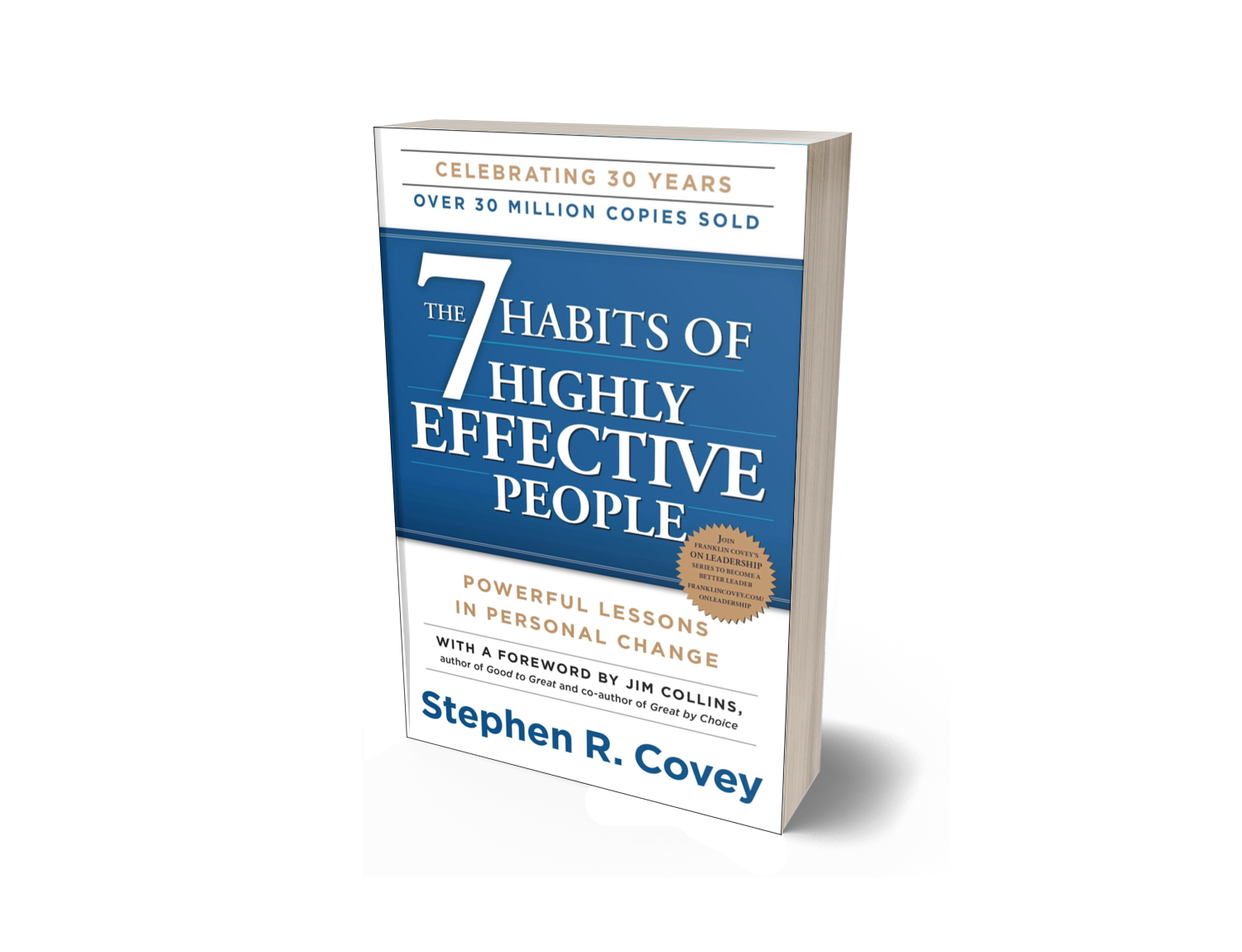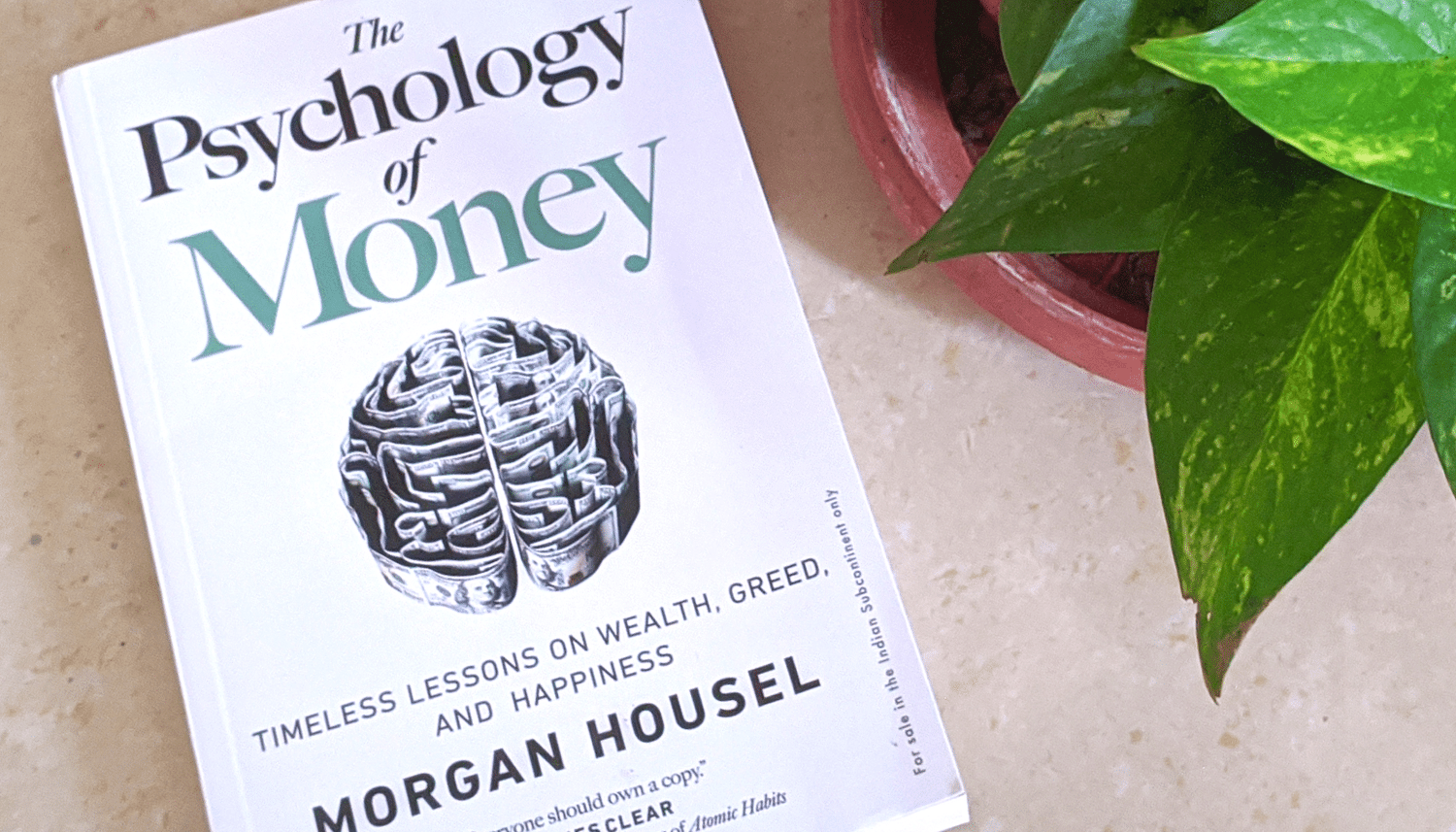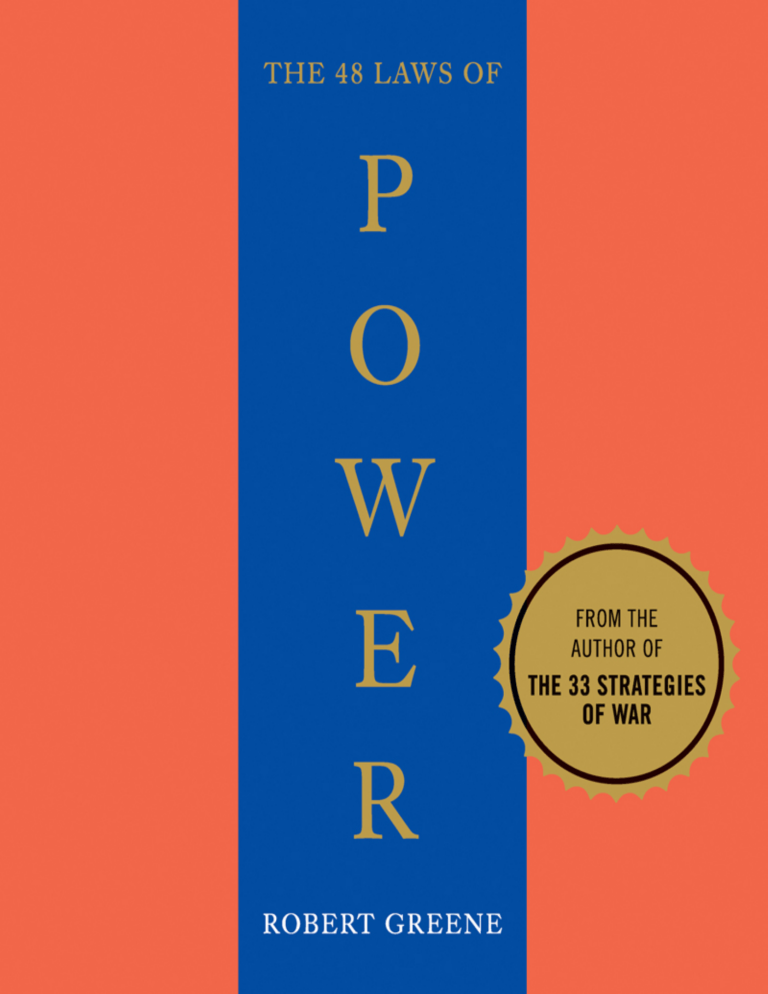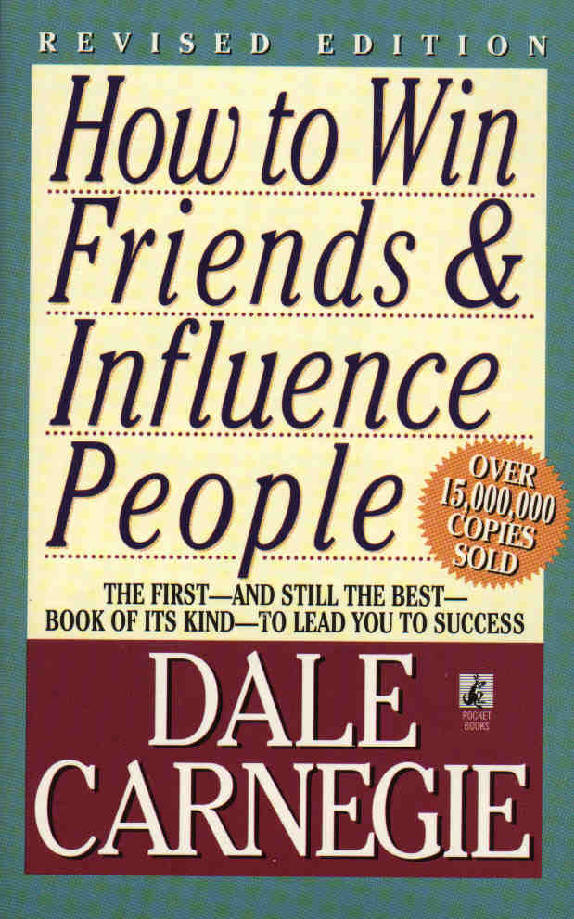Table of Contents
In this 7 Habits book summary, the Smart Owl explores Stephen R. Covey’s book, “The 7 Habits of Highly Effective People,” which presents a principle-centered approach to personal and interpersonal effectiveness. This approach emphasizes the importance of character development and aligning oneself with universal principles for lasting success and happiness.
Part One: Paradigms and Principles
Steve Covey focuses on understanding our perceptions and shifting them to align with principles. Covey highlights the limitations of the Personality Ethic, which emphasizes outward techniques and quick fixes for success. He contrasts this with the Character Ethic, prevalent in early success literature, which emphasizes foundational principles like integrity, humility, and fairness.
Covey uses the term paradigm to refer to our mental models or frames of reference through which we understand the world.
He emphasizes the need for paradigm shifts, fundamental changes in our perceptions, to achieve true effectiveness. One such shift involves recognizing the P/PC Balance principle, which emphasizes the importance of both production (golden eggs) and the capacity to produce (the goose).
Part Two: Private Victory
The author introduces the first three habits, focusing on personal growth and independence:

Habit 1: Be Proactive:
This habit emphasizes taking responsibility for our choices and focusing on our Circle of Influence, the areas where we have control. Proactive individuals acknowledge the gap between stimulus and response and choose their reactions thoughtfully.
Habit 2: Begin with the End in Mind:
This habit encourages visualizing desired outcomes and creating a personal mission statement that reflects our values and goals. This mental creation precedes physical action.
Habit 3: Put First Things First:
This habit emphasizes prioritizing tasks based on importance rather than urgency, aligning our actions with our mission statement.
Covey advocates for using a Quadrant II approach, focusing on important but not urgent activities for effective self-management.
Part Three: Public Victory
The author shifts focus to interdependence and effective collaboration with others:
Paradigms of Interdependence: This section emphasizes building strong relationships as a prerequisite for effective interaction and synergy. Covey highlights the importance of investing in Emotional Bank Accounts through acts of kindness, courtesy, and keeping commitments to foster trust and understanding.
Habit 4: Think Win/Win:
This habit advocates for seeking mutually beneficial solutions in all interactions. It emphasizes the need for integrity, maturity, and an Abundance Mentality to achieve genuine win-win outcomes.
Habit 5: Seek First to Understand, Then to Be Understood:
This habit stresses the importance of empathic listening, seeking to deeply comprehend the other person’s perspective before presenting our own.
Covey argues that empathic listening provides psychological air, fulfilling a crucial human need for validation and understanding.
Habit 6: Synergize:
This habit highlights the power of creative cooperation, valuing differences to generate innovative solutions that transcend individual perspectives.
Covey stresses the importance of synergistic communication, where individuals openly share ideas and perspectives to achieve a higher understanding and outcome.
Part Four: Renewal
Steve Covey emphasizes the importance of continuous self-improvement:
Habit 7: Sharpen the Saw:
This habit encourages regularly renewing ourselves in four dimensions: physical, spiritual, mental, and social/emotional.

Covey advocates for dedicating time to activities like exercise, meditation, reading, and meaningful social interaction to maintain a balanced and sustainable approach to effectiveness.
Conclusion
Covey concludes by emphasizing the “inside-out” approach, where personal change precedes lasting outward improvement. He stresses the importance of becoming a transition person, breaking negative generational patterns and passing on positive scripts based on correct principles.
Covey shares personal experiences of his own journey of transformation through applying these principles.
Appendix
The book includes two appendices:
● Appendix A provides a detailed chart illustrating the impact of different life centers on our perceptions.
● Appendix B outlines a “Quadrant II Day at the Office,” demonstrating how to apply the principles of effective time management in a business setting.
Afterword
The Afterword consists of answers to frequently asked questions about the 7 Habits and Covey’s personal reflections. He reiterates the relevance of the 7 Habits in a rapidly changing world.
Covey emphasizes the importance of viewing the 7 Habits as a lifelong journey rather than a one-time achievement. He expresses his passion for promoting principle-centered leadership and highlights the role of the 7 Habits in empowering individuals and organizations to achieve greatness.

Did you enjoy this 7 Habits book summary? Read other book summaries on Personal Development here
You may also like:








Leave a Reply